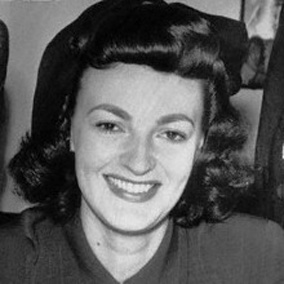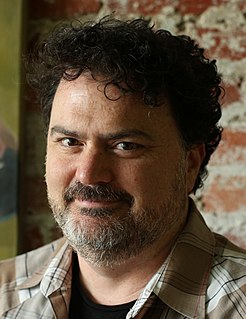A Quote by F. Scott Fitzgerald
She was overstrained with grief and loneliness: almost any shoulder would have done as well.
Related Quotes
They had stopped now and he gave a glance up at the sky, through the trees, as though to see how much time was left. Amber, watching him, was suddenly struck with panic. Now he was going--out again into that great world with its bustle and noise and excitement--and she must stay here. She had a terrible new feeling of loneliness, as if she stood in some solitary corner at a party where she was the only stranger. Those places he had seen, she would never see; those fine things he had done, she would never do. But worst of all she would never see him again.
What do you think it would have been like if Valentine had brought you up along with me? Would you have loved me?" Clary was very glad she had put her cup down, because if she hadn't, she would have dropped it. Sebastian was looking at her not with any shyness or the sort of natural awkwardness that might be attendant on such a bizarre question, but as if she were a curious, foreign life-form. "Well," she said. "You're my brother. I would have loved you. I would have...had to.
Grief causes you to leave yourself. You step outside your narrow little pelt. And you can’t feel grief unless you’ve had love before it - grief is the final outcome of love, because it’s love lost. […] It’s the cycle of love completed: to love, to lose, to feel grief, to leave, and then to love again. Grief is the awareness that you will have to be alone, and there is nothing beyond that because being alone is the ultimate final destiny of each individual living creature. That’s what death is, the great loneliness.
Whatever the cause, I could not meet his sunshine with cloud. If this were my last moment with him, I would not waste it in forced, unnatural distance. I loved him well - too well not to smite out of my path even Jealousy herself, when she would have obstructed a kind farewell. A cordial word from his lips, or a gentle look from his eyes, would do me good, for all the span of life that remained to me; it would be comfort in the last strait of loneliness; I would take it - I would taste the elixir, and pride should not spill the cup.
Occasionally, very occasionally, say at four o’clock in the afternoon on a wet Sunday, she feels panic-stricken and almost breathless with loneliness. Once or twice she has been known to pick up the phone to check that it isn’t broken. Sometimes she thinks how nice it would be to be woken by a call in the night: ‘get in a taxi now’ or ‘I need to see you, we need to talk’. But at the best of times she feels like a character in a Muriel Spark novel – independent, bookish, sharp-minded, secretly romantic.
She suffers as a miser. She must be miserly with her pleasures, as well. I wonder if sometimes she doesn't wish she were free of this monotonous sorrow, of these mutterings which start as soon as she stops singing, if she doesn't wish to suffer once and for all, to drown herself in despair. In any case, it would be impossible for her: she is bound.
The touch was exactly what the touch of a lover's hand should be: familiar, yet exciting as a whispered promise. I felt an almost irresistible urge to take her hand and place it flat against my chest, near my heart. Maybe I should've done it. I know now that she would've laughed, if I'd done it, and she would've liked me for it. But strangers that we were then, we stood for five long seconds and held the stare, while all the parallel worlds, all the parallel lives that might've been, and never would be, whirled around us.







































